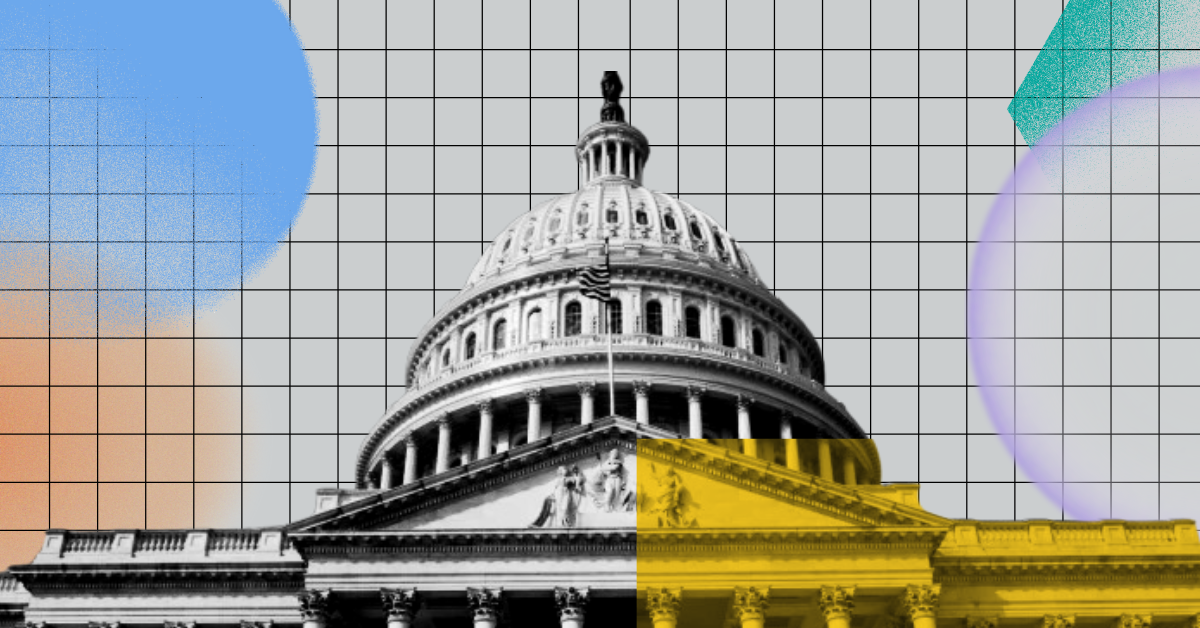In a significant development, Hong Kong has approved spot Bitcoin and Ether ETFs, marking a historic milestone in the cryptocurrency market. However, hopes for similar approval in the United States are clouded by regulatory hurdles. Recent discussions between U.S. issuers and the Securities and Exchange Commission (SEC) regarding potential Ether-linked exchange-traded funds (ETFs) have left issuers feeling uncertain, with the looming possibility of rejection, according to insider sources.
According to Reuters, despite the interest of seven issuers, including industry giants such as VanEck and ARK Investment Management, discussions with the SEC have not been as encouraging as previous deliberations over Bitcoin ETFs. While the SEC meticulously reviewed and approved spot Bitcoin ETFs earlier, discussions about Ether ETFs have been characterized by one-sided conversations, lacking the depth of previous engagements.
This disparity in treatment has raised concerns among market participants, who expected a similar level of scrutiny and consideration for Ether ETFs as seen with Bitcoin ETFs. The lack of substantive dialogue with the SEC has created uncertainty about the prospects of Ether ETFs gaining approval in the near future.
The contrasting regulatory environments between Hong Kong and the United States highlight the challenges faced by issuers seeking to launch cryptocurrency ETFs. While Hong Kong has embraced innovation and moved forward with approving these investment products, the regulatory landscape in the U.S. remains complex and uncertain, leading to apprehension among market participants.
Despite the challenges, issuers and investors continue to express interest in Ether ETFs, recognizing the potential benefits they could bring to the market. However, until there is more clarity and a more collaborative approach from regulators, the path to approval for Ether ETFs in the United States remains uncertain.
Uncertainty Looms – Rejection or Delay?
While comparisons between authorized Bitcoin ETFs and their Ether futures-based equivalents have been made, the SEC’s reluctance to address particular worries has heightened unease among potential issuers. This change in the SEC’s position signals a challenging period for those seeking Ether ETF approval, dampening the enthusiasm sparked by the endorsement of spot Bitcoin ETFs.
Analysts predict potential setbacks in the approval of Ether ETFs, as prevailing market sentiment already reflects doubt. Despite Ether experiencing a notable 39% increase this year, it lags behind Bitcoin’s impressive 51% surge, emphasizing uncertainties regarding Ether’s regulatory prospects and its path toward broad acceptance.
Search for Regulatory Clarity Continues
Todd Rosenbluth, renowned ETF data analyst at VettaFi, provides a nuanced perspective on the challenges lying ahead in the quest for a spot Ether ETF approval. Rosenbluth suggests that the regulatory journey appears to be fraught with potential delays, a sentiment that echoes through the corridors of the financial industry. Drawing upon his expertise and insights into the regulatory landscape, Rosenbluth paints a vivid picture of a timeline stretching beyond the immediate horizon, with the year 2024 looming as a potential milestone yet to be crossed. His analysis underscores a cautious approach among regulatory authorities, hinting at a labyrinthine path riddled with uncertainties and regulatory hurdles that may need to be navigated.
In parallel, Eric Balchunas, a distinguished ETF analyst at Bloomberg, echoes Rosenbluth’s cautious sentiment, shedding light on the palpable apprehension surrounding SEC approval probabilities. Balchunas, known for his astute observations and in-depth analyses of the ETF market, offers a sobering estimation of the likelihood of SEC approval, pegging it at a modest 35% as of May. This figure serves as a stark reminder of the regulatory landscape’s complexity and the arduous journey that awaits Ether ETF hopefuls. Balchunas’ assessment further emphasizes the SEC’s apparent reluctance to engage substantively with potential fund issuers, painting a picture of a regulatory body exercising caution and restraint in its approach to novel financial instruments.
Moreover, the comparative analysis drawn between the deliberations on Bitcoin ETFs and those of Ether-based products sheds light on the disparities in regulatory engagement and scrutiny. While Bitcoin ETF discussions have enjoyed a more robust discourse, with regulatory considerations and concerns openly addressed, Ether ETF deliberations have remained relatively subdued, characterized primarily by discussions revolving around data observation. This disparity underscores the unique challenges facing Ether ETF hopefuls, as they navigate a regulatory landscape marked by uncertainty and ambiguity.
The cautious approach adopted by regulatory authorities suggests that approval for a spot Ether ETF may hinge on forthcoming market developments, leaving issuers and investors alike on tenterhooks. The prospect of rejection looms large, prompting issuers to consider potential legal recourse should their proposals fail to garner regulatory approval. Yet, amidst the regulatory uncertainty and legal intricacies, a palpable sense of anticipation permeates the financial ecosystem, with issuers and investors alike yearning for clarity and certainty from the SEC.
In conclusion, the road to approving a spot Ether ETF is paved with challenges and uncertainties, with industry analysts like Rosenbluth and Balchunas offering invaluable insights into the complexities of the regulatory landscape. As the financial world eagerly awaits regulatory clarity, Ether ETF hopefuls brace themselves for a protracted journey, navigating the labyrinthine corridors of regulatory scrutiny and legal intricacies in pursuit of approval.



